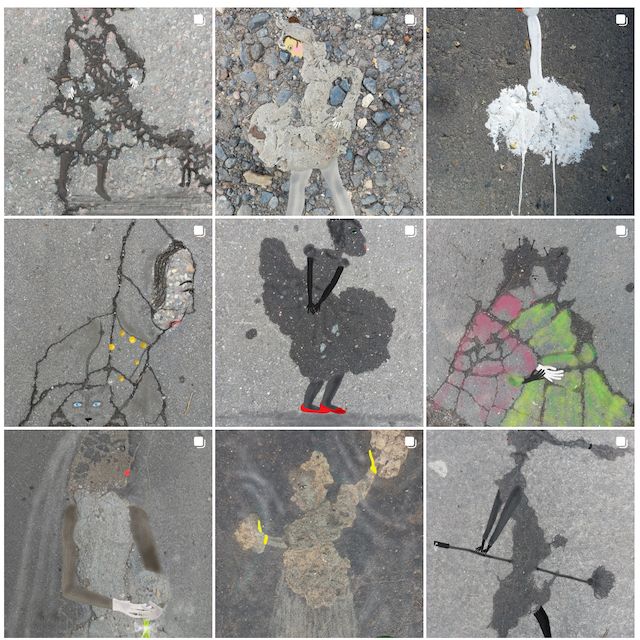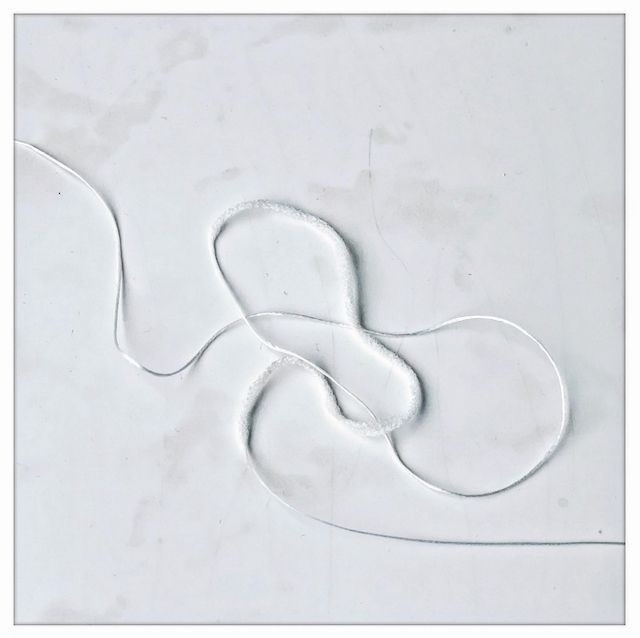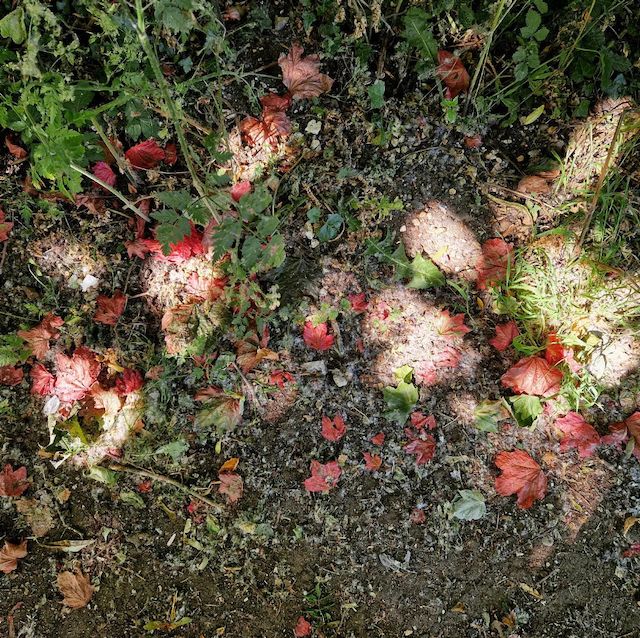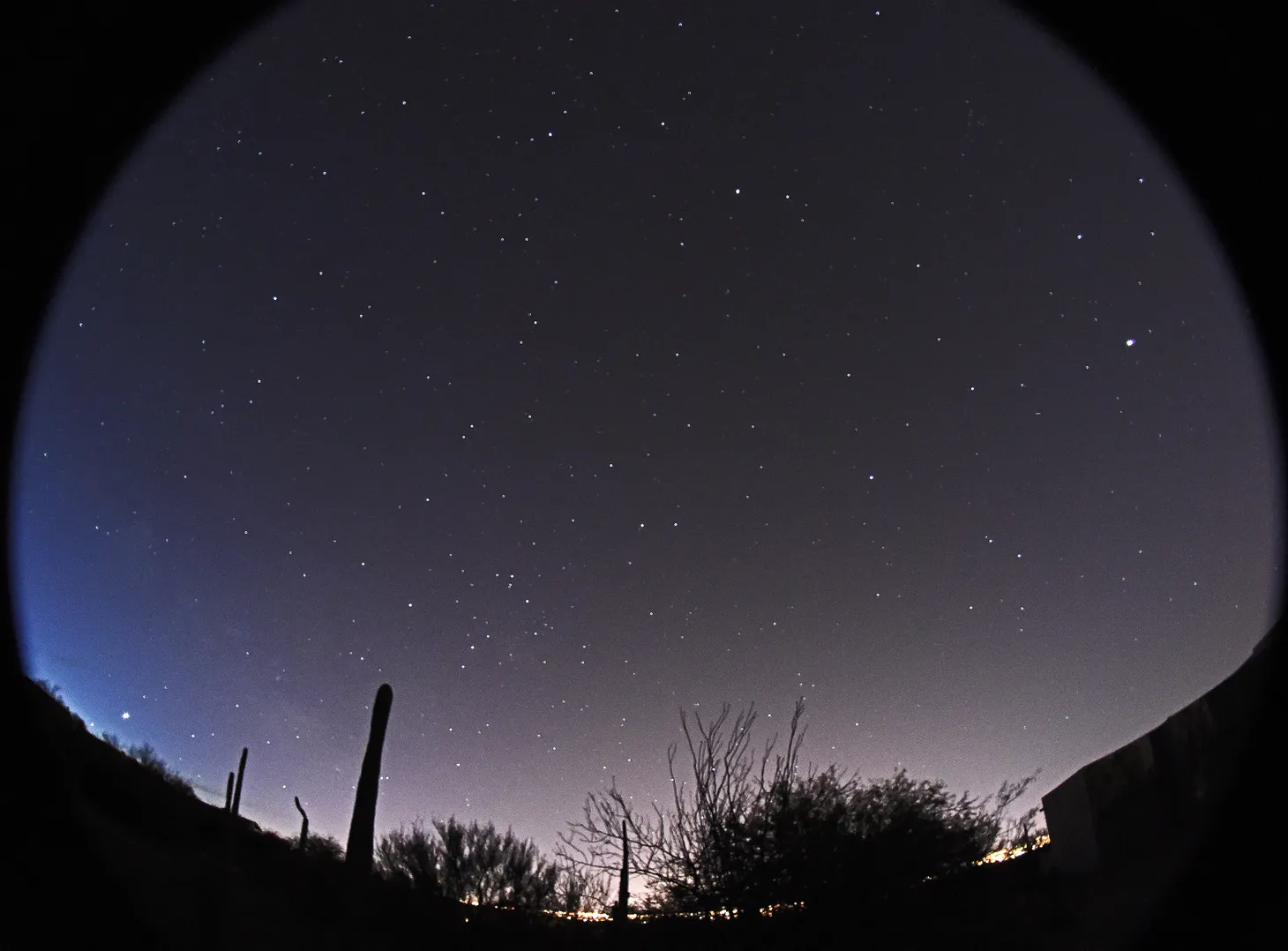Humble Ways to Slow Time
As Doctor Who sums up: time isn't simply a linear progression. It's more like a big ball of wibbly wobbly, timey wimey stuff. So how do we actually slow it down?

Hello, Good Lookers!
It's Menka here, with another Just Looking Letter about attention, mindfulness and creative ways of looking.
It's summer, for most of us. What better time to slow down and notice more? (Although I'm pretty sure I say that in every season!)
Last time I wrote about our inner perception of time and how very stretchy it is. Which begs the question: how can we slow it down? First, some announcements...
Community Events
I'm excited to be re-starting our community meetups! These are in-person events in London, but I'm plotting an online event soon. I'm keen for more of us to meet each other because, in my experience, it really is the easiest way to expand our limited repertoire of noticing.
Ducks, Dogs and Dragonflies - Aug 20th, 10am - The Aquadrome in Rickmansworth is a beautiful and restorative place full of more-than-human life. If you live in London, consider a train ride up over to the north-west (Metropolitan Line) for a contemplative Sunday morning, and a chance to meet kindred spirits.
Seeing Faces Everywhere! - Sep 16th, 10.30am - This time, we'll be meeting near the Tate Modern in central London to explore our propensity for pattern recognition. I'm sure this will be a lot of fun.

Thanks to the amazing Friends of Just Looking for helping make this possible!
On Slowing Time Down
I came across an X/Twitter conversation the other day, in which people are sharing two words they would want to say to their younger selves.
"Forgive yourself."
"You're enough."
"More pushups."
"Be patient."
"Jump now."
"Tell someone."
"Breast examinations."
"Trust yourself."
"Play more."
"Eat more icecreamsandwiches."
"Keep singing."
Mine would be "Slow down."
Or maybe a clearer: "Stop running".
Or "Fewer lists!"
In her memoir Hourglass, the novelist Dani Shapiro writes about how time compresses and expands. In it, she leafs through her old journals, and marvels:
How do you suppose time works? I don't know yet... but I do know this: the decades that separate that young mother making her lists from the middle-aged woman discovering them feel like a membrane of a giant floating bubble. A pinprick and I'm back there. But is she here? How can I tell her that her lists will not protect her?
People from many different cultures observe that the years seem to go by faster as we get older. It's a strong feeling, but we don't have a word for it. In the Dictionary of Obscure Sorrows, the writer John Koening has coined a new word for that sense that time keeps going faster. In some ways, it's a terrifying articulation. In other ways, it's a soothing meditation.
Koening calls this emotion "Zenosyne", derived from Zeno's Paradox which asks how a person can walk from one point to another if they must first carry out a series of ever-shrinking steps, and "Mnemosyne", the personification of memory in Ancient Greek mythology. How can we live our lives while each passing year feels shorter than the year before?
As we explored in the last letter, and as Doctor Who sums up: time isn't simply a linear progression. It's more like a big ball of wibbly wobbly, timey wimey stuff. But how can we learn to play with this ball?
There are many factors that chronobiologists (those who study the perception of time) have found slow things down. For example, high body temperatures. Time slows for us when we're cooler, something divers often report. Time also slows down when we're in an accident, and everything goes into slow motion. We don't have much control over many of these variables, but there are some we do.
Here, at least, are three humble ways to slow time down:
(1) Enjoying ourselves. A study by Kellaris (1992) found that when people listened to music they enjoyed, time seemed to slow down. It's hard to know if it's enjoyment itself, or it's because they were listening more carefully (because they were enjoying it), but either way, it seems to work.
(2) Mixing it up. When we walk a new route, we are trying to figure it out, and it can seem to take ages. But on our way back, it's familiar and feels faster. It's one of the reasons children have a more expansive experience of time; they are always trying new things. As we get older, it takes more effort. Digital automation doesn't help, as it tends to keep recommending more of the same to us, keeping us in our bubbles.
(3) Doing nothing. With so many stimuli available in our pockets at all times, we aren't that good (as in, we'd rather be electrocuted) at doing nothing these days. When this gets frustrating, we call it "boredom". The definition of boredom is to acutely notice the passage of time. But if we are able to embrace the lack of stimulation, it can feel quite different.
Do these align with your experience of time? I'd love to hear if you have other ways you use to slow time down.
Looking Exercise
Doing Nothing
Find some time to be bored, in a good way.
What do you see now?
What did you lose?
What did you gain?

Share a photo: As always, you're welcome to share what you notice with me (just reply to this email), or over on Instagram with the rest of the community using #wearejustlooking.
Five Links About Looking
Watching a Tortoise [Read]
Since finishing her book Losing Eden which I recommended last time, I've been devouring other writing by Lucy Jones and found this article particularly fascinating. What's it like to own a pet that is likely to FAR outlive you?
You Are Stardust [Watch 4min]
A beautiful book to read with children. It draws attention to our innate relationship with the world around us based on current science. Our hair falls like autumn leaves. The sea within us is as salty as the ocean. And we learn to speak just the same way baby birds learn to sing.
Slow AF Running Club [Read]
This is the name of a running club in New York set up by Martinus Evans, who has run eight marathons and hundreds of races at his own "sexy pace". Reading this got me wondering which areas of my life I might be able to develop a sexier(?) disregard for speed.
History of the London Tube Map [See]
A design classic!
Bleak Reality [See]
A series of eight photographs made at the exact locations where unarmed black men were murdered by police officers. Over the course of eight days, Kris Graves travelled across the country in search of eight black male subjects who would never sit in his studio.

A moving reminder that mindfulness is not the same as positive thinking - it's about attending to more of life: the good, the great and the deeply uncomfortable. Because seeing is the foundation of caring.
Thanks for being here. Wishing you some slow weeks ahead, at least on the inside!
Yours in curiosity,
Menka

For more:
Just Looking Website
Just Looking Instagram
Noticing – Our Newsletter
Join our newsletter community for monthly inspiration to slow down and stay curious about everyday life and what matters most to you.




